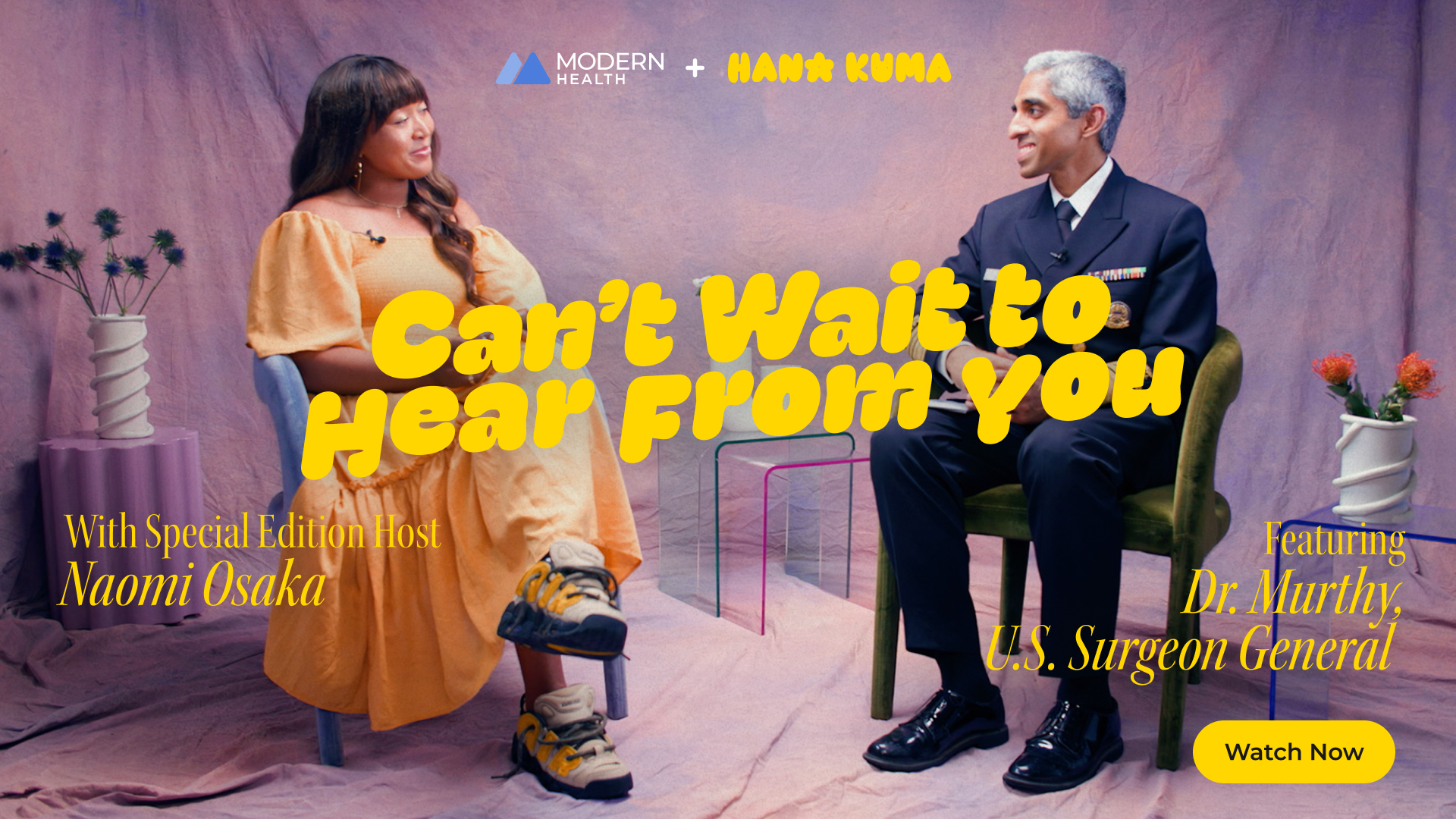
Coping with Bereavement
Coping with overwhelming bereavement in the aftermath of COVID
More than half a million people have died from COVID-19 in the U.S. alone as of the time of this writing, and as a clinical care professional, I am expecting to see an uptick in mental health challenges as a result of increased bereavement. Coping with loss of a loved one can be extremely difficult even in the most supportive circumstances, and the COVID pandemic has complicated grieving by precluding typical coping outlets (such as funerals). Faced with so much loss, how do we cope with grief in a healthy way?
Individuals react to loss in a variety of ways, but research suggests several common patterns. Most individuals experience both distress and resiliency, where they find a way to return to their lives without significant mental health challenges. However, many people experience mild or severe depression and distress in response to loss. There are a variety of reasons that a grieving person would respond to loss differently, including attachment style (how they approach relationships), their degree of closeness with the deceased, and the level of social support around them, among other factors.
Since some of these factors are fixed, what can someone do to have a healthier experience coping with loss? One theory, called the Dual Processing Model (DPM), provides some guidance. According to this theory, people who are grieving vacillate between two modes: coping with loss-oriented stressors and coping with restoration-oriented stressors.
The loss-oriented stressors are what we often think of when we imagine a person who is mourning: feeling sadness, regret, crying, thinking about how and why the person died, trying to make sense of the loss, and yearning for the deceased. The restoration-oriented stressors have to do with the logistics of that person missing from their life.
If you are coping with loss, some healthy ways to handle loss-oriented stressors include:
- Letting yourself feel strong emotions as they come
- Telling the story of why and how the loss happened
- Commemorating the loss in some way (such as doing something special on the loved one’s birthday or other important anniversary)
- Giving away their possessions slowly
- Sharing positive stories about them with others
- Talking with trusted others openly about all your emotions regarding the loss, both positive and negative
Healthy ways to cope with restoration-oriented stressors include:
- Figuring out what tasks or responsibilities the deceased handled that you need to take on
- Identifying people who can help with these responsibilities
- Identifying times in your schedule that are now open because that person is gone, and finding meaningful and enjoyable activities to engage in during these times
- Thinking about what identities you’ve lost (e.g., “spouse,” “sibling”) and what other parts of your identity you will increase to make up for that space (e.g., “friend,” “artist”)
According to the DPM, in healthy bereavement, we oscillate between these two modes and we are often pulled suddenly from one mode to another. For example, if you hear the deceased’s favorite song without warning, you may suddenly be pulled into loss-oriented stress. In healthy bereavement, the whiplash of going back and forth between these two modes will decrease over time, and we adjust to the new reality of loss without becoming overwhelmed at every reminder. These things will likely continue to hurt, but won’t cause as much emotional turmoil as they once did.
But what happens when coping is disrupted? If someone gets stuck in one mode, problems with bereavement can arise. Individuals who get stuck in loss-oriented stressors may have trouble coping with the reality of the loss and may lose contact with their normal lives. Individuals who only focus on restoration-oriented stressors may act as if the loss didn’t happen, which means the daily reminders of the loss remain intense and difficult to cope with. As a result, they may withdraw from relationships or other things that would cause them to confront the loss.
In about 10% of people, these challenges may develop into a syndrome known as prolonged grief, which is diagnosable at least six months after the loss and involves the following:
- Intense yearning for or preoccupation with the deceased
- Intense emotional pain
- Inability to accept the loss
- Feeling as if you’ve lost a part of yourself
- Inability to experience positive emotions
- Numbness
- Disengagement from social activities
Prolonged grief can cause serious problems with other mental health disorders, medical conditions, and normal functioning in work and relationships. Researchers have started to develop treatments for prolonged grief, largely based in Cognitive Behavioral Therapy. These treatments include helping the person accept the reality of the loss, exposure to difficult emotions to process them, and reconnecting with others.
Facing Loss
If you are experiencing loss, the first thing to do is to be gentle and open with your emotions. Any emotion can present itself, and grief may feel more complicated if the relationship itself was complex. In the first several months, the loss-oriented stressors will take up much of your time and energy. Give yourself time to discuss these emotions either with a trusted friend or family member, through journaling, or with a coach or therapist. This is also the time to lean on people to handle the restoration-oriented stressors (such as handling the logistics of the loss), and as your grief becomes less intense, you can start to figure out who you are without this person in your life. As you turn toward those you trust, reinvest in old and new relationships, and share positive memories of the deceased, the loss will become more integrated in your life and your grief will become another important part of you.
Vincent Rozalski, PhD
Dr. Vincent Rozalski is a clinical psychologist in the Modern Health network specializing in treating the problems that commonly arise from trauma, including PTSD, depression, anxiety, pathological grief, and emotional dysregulation. He has received extensive training in several evidenced-based treatments to help clients manage these issues.

.jpg)

